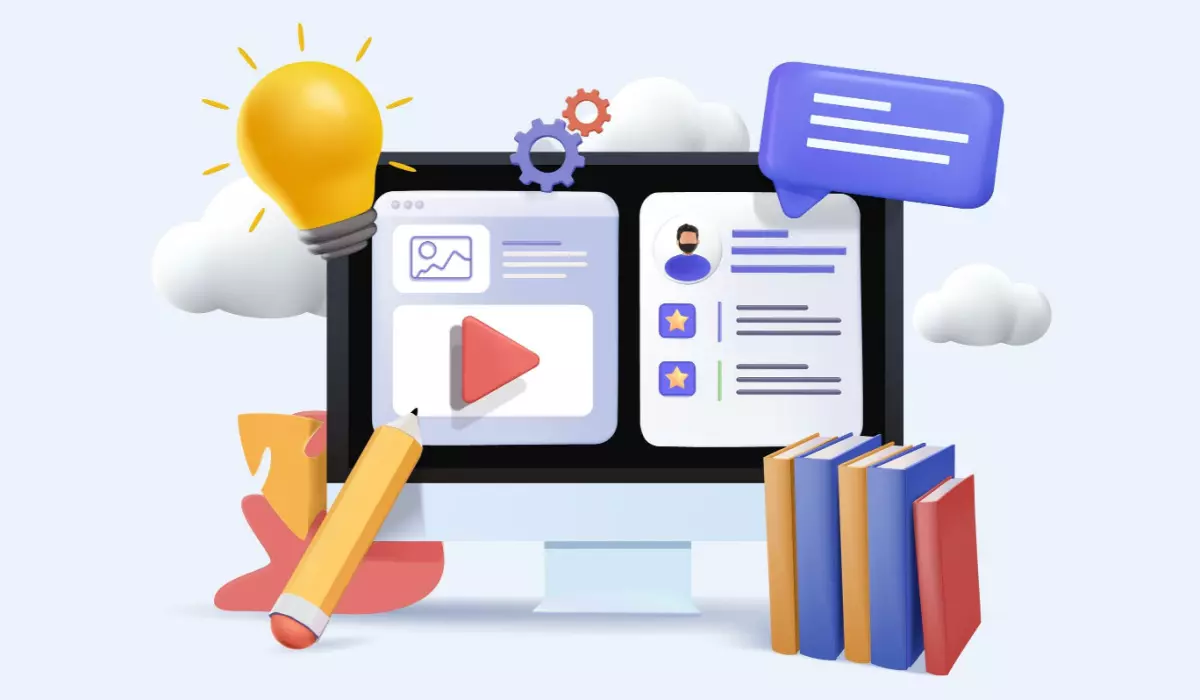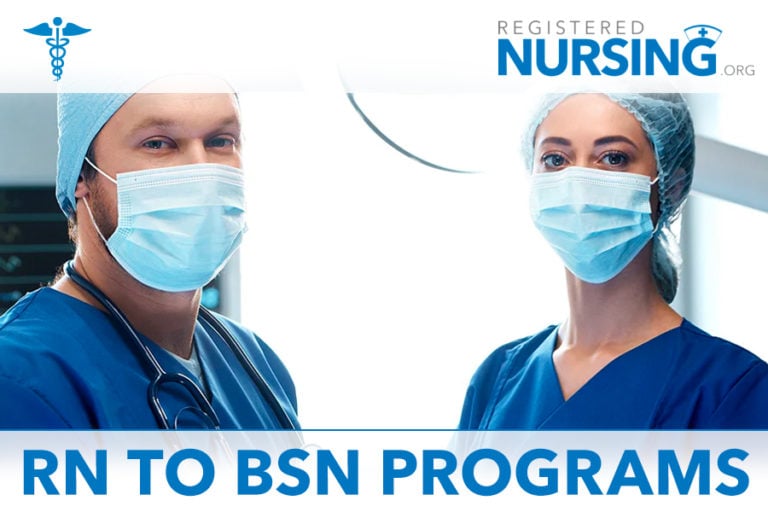Student loans are the biggest financial burden that most young students are facing current days. Making student loan payments on top of other financial responsibilities can be very hard. As a result, more than 1 million student loan borrowers go into default every year. This student loan debt now becomes one of the biggest issues that impacting the lives of students. Many borrowers don't know What Happens if You Don't Pay Back Your Student Loans?
First and foremost, if you don't pay back your student loan, it will hurt your credit score and make it harder for you to take a loan in the future again. But beyond this, the exact repercussions of failing to pay back your student loan rely on if they are held by the federal government or a private student loan. The Federal government guarantees most student loans, and the feds have powers about which debt collectors can dream.
You are Officially Delinquent:
Failing to make payments on your student loans can have very negative impacts on your overall financial picture. When your loan payment is 90 days late, it officially becomes delinquent, and it stays that way until your loan payments are up to date. Each missed payment might also charge a late fee. Furthermore, any new credit application may be refusing or given only at the very high interest rates available to risky borrowers. Potential employers often check applicants' credit ratings and can utilize them as a measure of your character. So does cell phone service providers, who may reject the service contract you need. Utility companies may require a security deposit from you because they don't contemplate creditworthiness. A prospective landlord might refuse your application.
At this stage, you still have some time to get back on your feet. In addition to this, you can still make a payment and then get back on track. The very bad things don't start happening until a little later.
Your Account Become Default:
After passing 270 days, your student loans go into default. Once this happens, the government has the authority to garnish your wages, Social Security checks, federal tax refunds, and disability benefits. In many states, borrowers with default student loans can have their professional licenses also revoked driving licenses.
When you took a student loan from private lenders and didn't pay it back, they have to get a court order before garnish your wages. Until they get the court order, they send you a notice 30 days before the garnishment starts and allow you to request an appeal.
Charge Penalties:
If you have not made a payment over one year, federal student loans will often be transferred to the default collection agency. The Department of Education works with third-party collection agencies who will charge penalties and fees for now paying your student loans.
Collection agencies harass you with calls and texts, which can add to the mental stress of the debt. At this point, nothing around the impact of default on your credit would be significant. Default student loans impact your credit score, limit access to credit, and make credit very expensive. Later, that makes your life very much difficult.
Still Have Options to Getting Out of Default:
At this point, borrowers reach out to their servicers to look if they qualify for economic hardship deferment or if they can switch to the repayment plan. In addition to this, it works better for them so that they can get back on track.
Not paying your student loans and going into default and delinquency can have a detrimental out turn. These consequences can make your life very difficult as well as much harder in uncountable ways. It is also essential to remember that so many people who are grappling and student loan payment are a part of that. Most people are not making decisions not to pay their student loans, but they have unlimited other commitments.
There is a silver lining when it comes to defaulting on students' loans. Fortunately, the credit system is more forgiving about student loan default than default on other types of debt.
Remove Missed Payment:
When you default on a student loan, you can bring the loan current by making six consecutive payments on time. Once you do so, the lender will eliminate any missed payments from your credit history. So, it is like you made the payments on time and never missed any, at least for your credit. It is distinctive to student loans, so it is something to be aware of and utilize benefits if you default.
However, if any interest charges remaining after default will still apply, so for this instance, you may have a very big hole to climb out of after default. But eliminating the damage to your credit score by removing the missed payments from your credit history is huge. Once you get out of default, make sure to review your credit report to ensure this happens.










.jpg)


